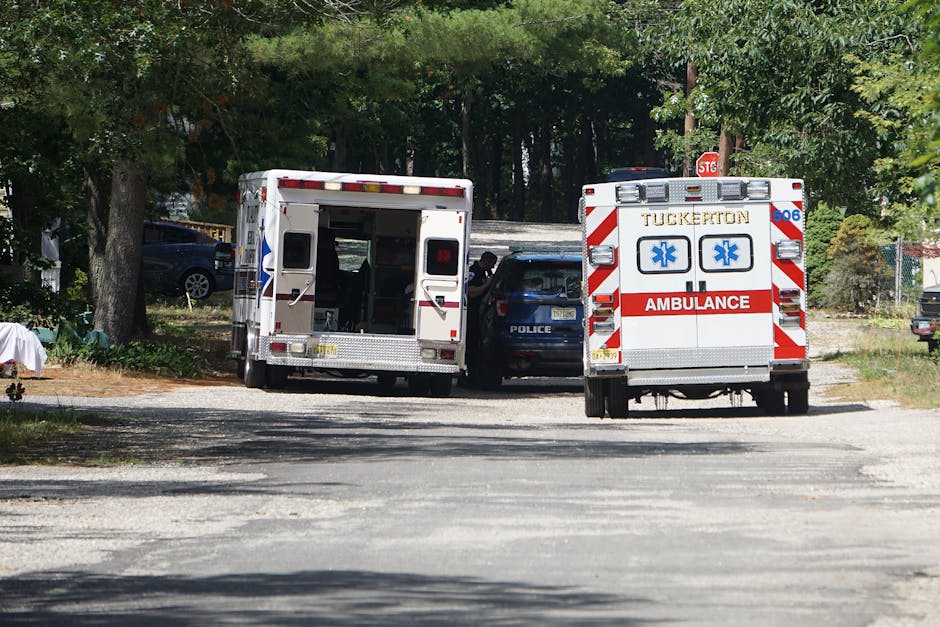The Idyllic Nation with a Subterranean Secret
When you think of Switzerland, your mind likely wanders to pristine Alpine peaks, decadent chocolates, and the quiet hum of precision watchmaking. It’s the global poster child for peace and neutrality. But beneath this idyllic surface lies a different reality, one cast in concrete and sealed by blast doors—a subterranean nation ready for the worst.
Now, in a move sending ripples across a jittery Europe, Switzerland is spending millions revamping its vast network of bunkers, bringing these Cold War relics into the 21st century.
A Bunker for Every Citizen
For decades, Switzerland has operated under a unique and startling law: there must be enough nuclear fallout shelter space for every single resident. This has resulted in a staggering network of over 370,000 bunkers, from private shelters in the basements of apartment blocks to massive public command centres tunnelled deep into mountainsides. With room for nearly 9 million people—more than the current population—it’s the most extensive civil defence system in the world.
For years, many saw this as a paranoid but harmless leftover from an era of nuclear brinkmanship. Some bunkers were repurposed into wine cellars, cheese-aging caves, or even boutique hotels. The threat had faded, or so it seemed.
From Cold War Relic to Modern Necessity
Then came February 2022. The conflict in Ukraine shattered Europe’s long-held sense of security. The spectre of large-scale conventional warfare, and even the unthinkable threat of tactical nuclear weapons, was suddenly back on the table.
For the ever-pragmatic Swiss, this was not a time for panic, but for preparation. The government promptly announced a comprehensive plan to inspect, repair, and modernise its entire bunker network.
What Does the Multi-Million Dollar Revamp Involve?
So, what does spending millions on revamping bunkers actually entail? It’s far more than dusting off cobwebs. Officials are conducting a top-to-bottom overhaul to ensure every shelter is fully operational at a moment’s notice. Key upgrades include:
- Ventilation Systems: Upgrading and servicing critical air filtration systems designed to block nuclear, biological, and chemical (NBC) agents.
- Power and Communications: Testing and replacing emergency power generators and modernising communication lines.
- Essential Supplies: Checking and restocking crucial supplies like water purification systems, long-term food stores, and medical kits.
- Structural Integrity: Inspecting blast doors, seals, and concrete structures for any signs of degradation.
The Ultimate National Insurance Policy
This level of civic preparedness can seem unfathomable to other nations, many of which are accustomed to dealing with crises as they arise. The Swiss approach, however, is the polar opposite. It is methodical, long-term, and deeply ingrained in the national psyche—a belief that true security isn’t just about military strength, but about the ability to protect the entire population from existential threats.
Critics might still call it excessive, but the Swiss see it as the ultimate insurance policy. Their long-standing “armed neutrality” has never been a passive stance; it has always been backed by a citizen’s army and, as we are now reminded, a nation hidden underground.
As the world grapples with a new era of geopolitical instability, Switzerland’s quiet, diligent work beneath its mountains is a stark reminder. This multi-million-dollar investment isn’t a sign of fear, but a powerful statement of a nation’s unwavering commitment to one simple, profound idea: to be prepared, always.




